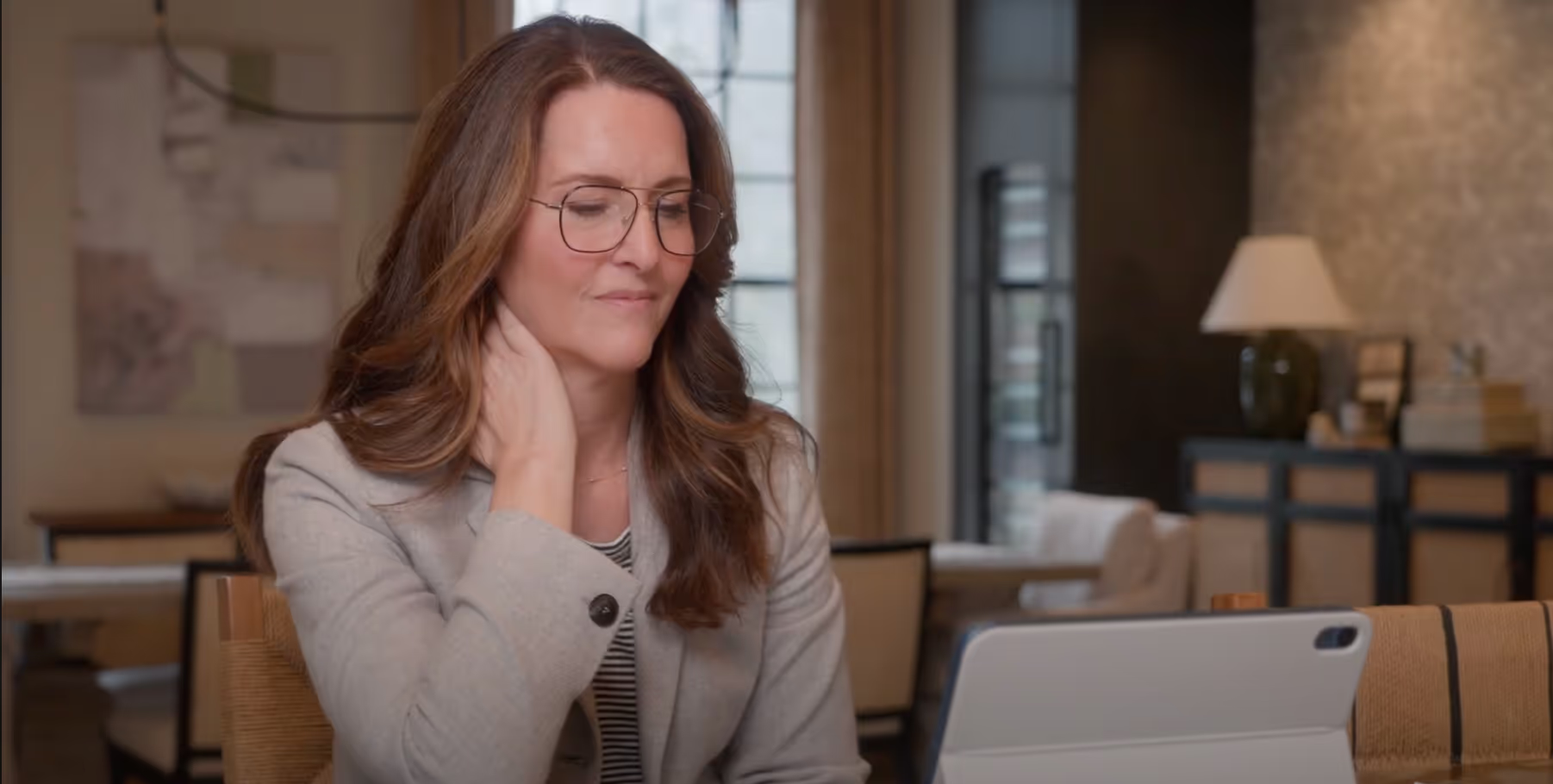For Dr. Jessica Tate, neurology opened the door to meaningful, lasting relationships with the people she cared for. During her medical training, she rotated through various specialties, but when she landed in neurology, everything clicked. “The brain was fascinating and the physical exams were complex, it was like detective work” she recalls. “I also really valued my patients– especially those living with Parkinson’s because they were generous with their stories, their wisdom, and their time.”
That early spark eventually led her to specialize in movement disorders and a career that now spans decades of compassionate, specialized neurology care.

Dr. Tate completed her residency and fellowship at Wake Forest University School of Medicine, where she also served as Principal Investigator on clinical trials. Prior to transitioning into her role with Synapticure, Dr. Tate conducted light therapy studies for improving sleep in Parkinson’s Disease. She’s an active member of the American Academy of Neurology and the International Parkinson and Movement Disorder Society, and she’s deeply committed to advancing both research and access to care.
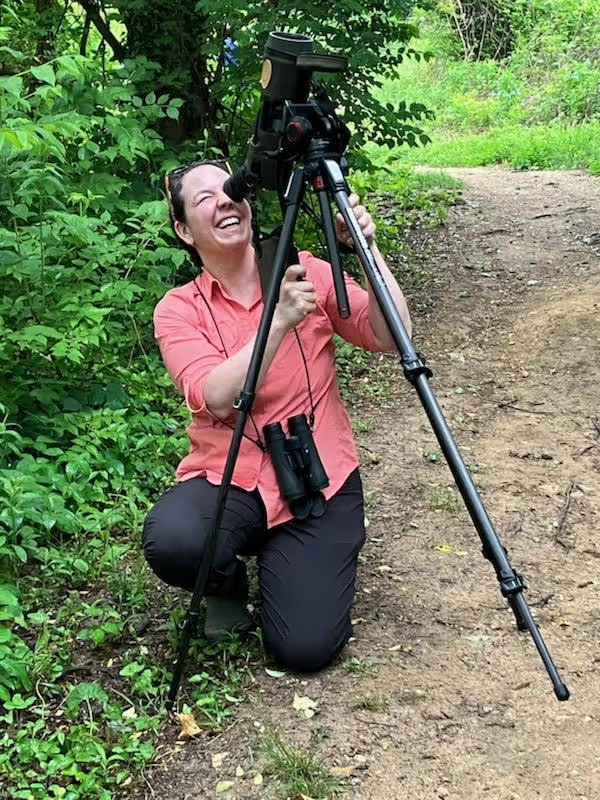
Dr. Tate’s decision to join Synapticure was shaped by more than just her clinical work—it was personal. Growing up in small towns of West Virginia and Virginia, she saw firsthand how a lack of access to specialists affected her own family. “My grandmother struggled with dementia for years but never saw a neurologist. My grandfather only had access through the VA. And as a caregiver, my mom had to travel long distances to find care for them,” she explains. “Virtual care would have made a world of difference especially since my grandmother couldn’t travel, even if there was a local neurologist.”
Now, she’s using Synapticure’s virtual model to provide that kind of difference for others. “People are often surprised by how much we can accomplish virtually, from in-depth assessments to providing tailored care plans and resources,” Dr. Tate says. “We’re bringing subspecialty expertise to those who’d otherwise have to drive hours or go without it altogether.”
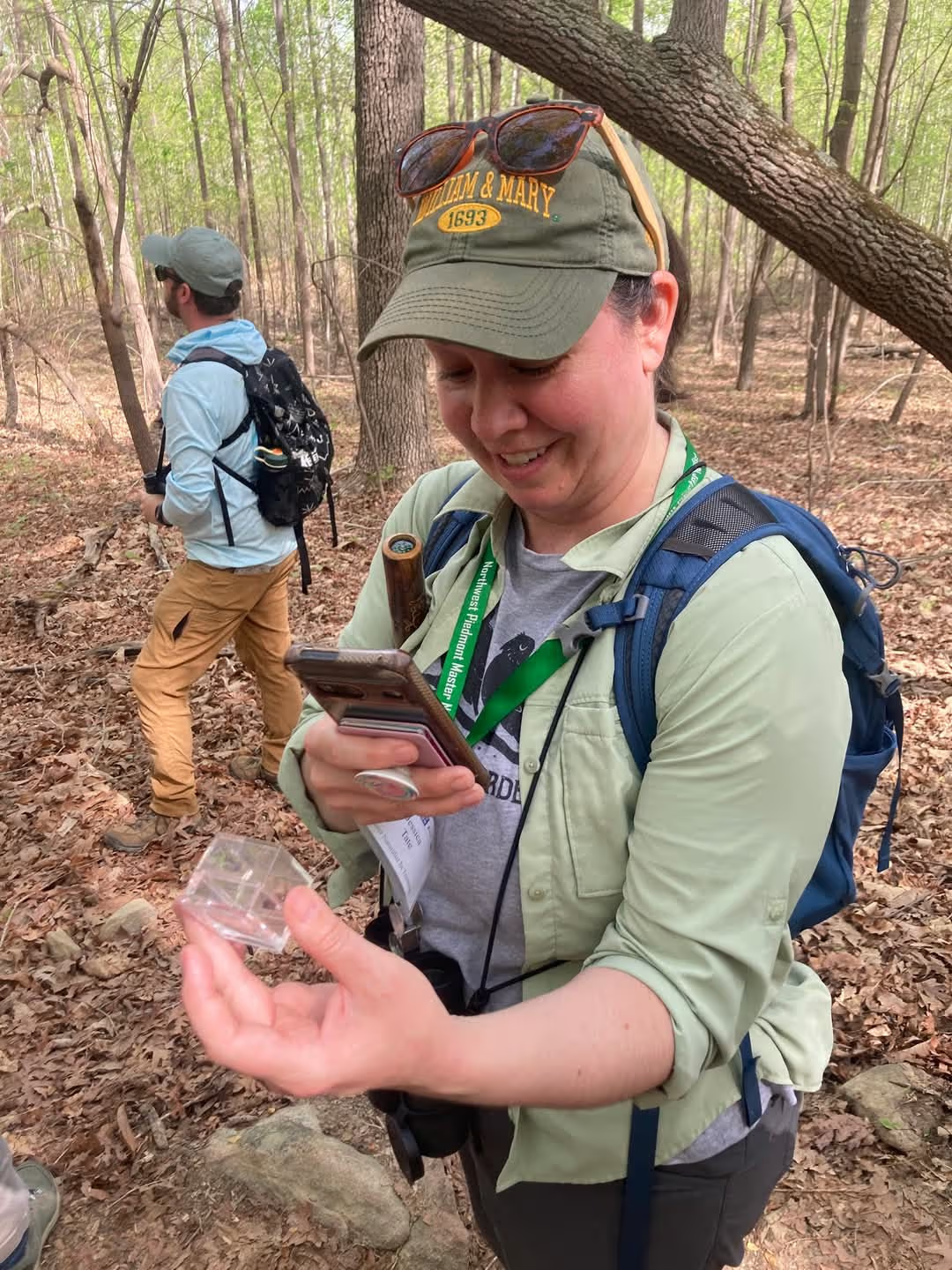
One of her patients, for example, was home-bound despite having a movement disorder specialist in town. Traveling was no longer an option. With Synapticure, Dr. Tate was able to spend meaningful time—unrushed—learning her story, doing a full assessment, and developing a personalized care plan. “It was a deep, thorough visit,” Dr. Tate says. “We both appreciated how much time we had because we were able to accomplish a lot in that single appointment.” She finds value in developing long-term relationships with her patients and their families. Through Synapticure, she’s noticed that the high-touch model provides consistent opportunities to get to know those she works with.
Dr. Tate brings both expertise and empathy to every encounter—something that’s felt not only by her patients but also by their caregivers. “Movement disorders impact every part of a person’s life,” she says. “It’s a privilege to help people navigate those changes with dignity, knowledge, and support—wherever they are.”
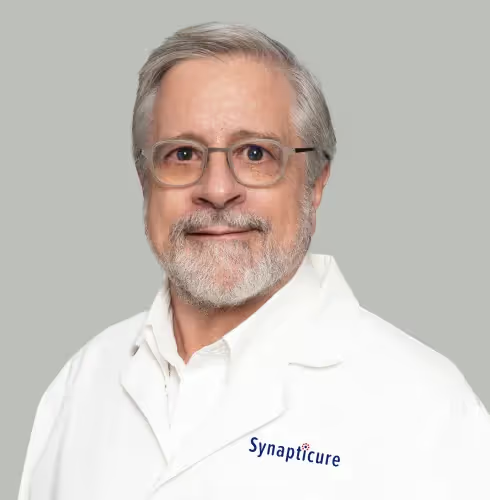
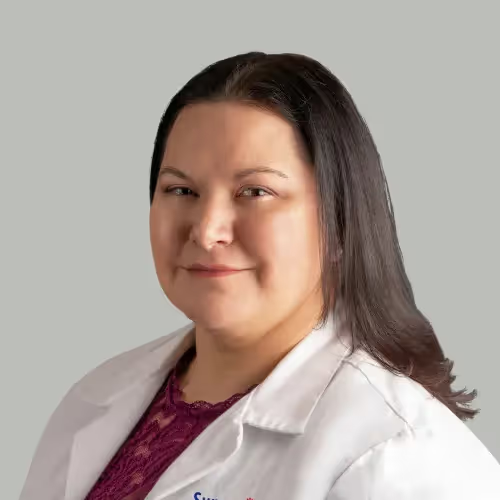









.png)
